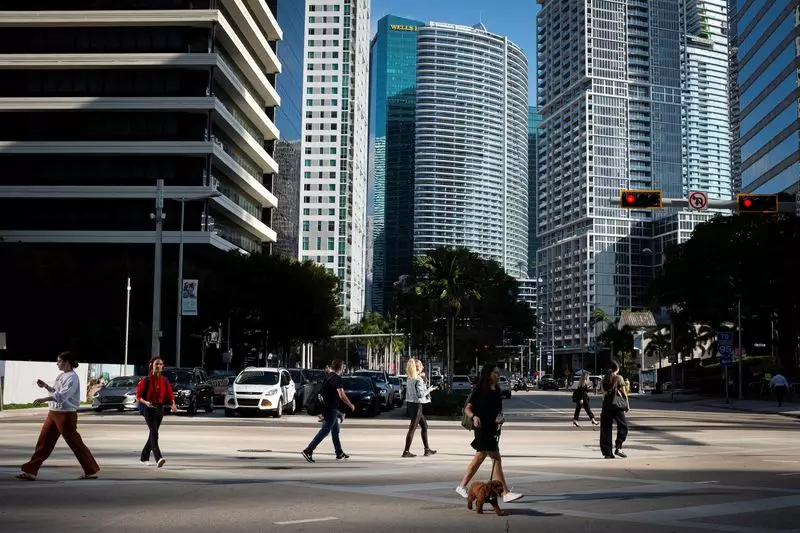A recent ruling by a federal judge in Texas has partially blocked a Federal Trade Commission (FTC) rule aimed at banning noncompete agreements commonly used by employers. U.S. District Judge Ada Brown in Dallas found that the FTC overstepped its authority by adopting broad rules prohibiting practices it deems anti-competitive. This decision has significant implications for the 30 million workers in the U.S. who have signed such agreements.
Judge Brown’s ruling has put a halt to the enforcement of the FTC rule against a coalition of business groups, including the U.S. Chamber of Commerce and tax service firm Ryan. While the judge did not block the rule nationwide, she expressed concerns about the FTC’s authority to issue such a sweeping ban. The final ruling is expected to be issued by Aug. 30, just days before the rule is supposed to take effect.
The FTC, which approved the ban in a 3-2 vote, argues that noncompete agreements stifle competition, suppress wages, and limit workers’ mobility. The commission maintains that these agreements violate antitrust laws and that a nationwide prohibition is necessary to protect workers’ rights. However, opponents, including business groups and Republican lawmakers, contend that noncompetes are essential for safeguarding trade secrets and investments in human capital.
The Chamber of Commerce and Ryan have brought lawsuits against the FTC, claiming that the agency exceeded its authority in adopting the ban. They argue that only Congress has the power to enact such sweeping regulations. Judge Brown echoed these concerns, pointing out that the FTC failed to provide a sufficient justification for the broad prohibition.
The FTC’s rule, if fully implemented, would be the first nationwide restriction on noncompete agreements. While several states, including California and Minnesota, have already banned such agreements, a federal prohibition would have far-reaching consequences. The debate over the role of noncompetes in the modern economy is likely to continue, with businesses, workers, and policymakers weighing in on the issue.
The federal judge’s ruling on the FTC’s ban on noncompete agreements has sparked a contentious legal battle. The decision to partially block the rule highlights the complex legal and economic issues at play. As the legal challenges unfold and the debate over noncompetes intensifies, the outcome of this case will have far-reaching implications for workers, businesses, and policymakers across the country.

